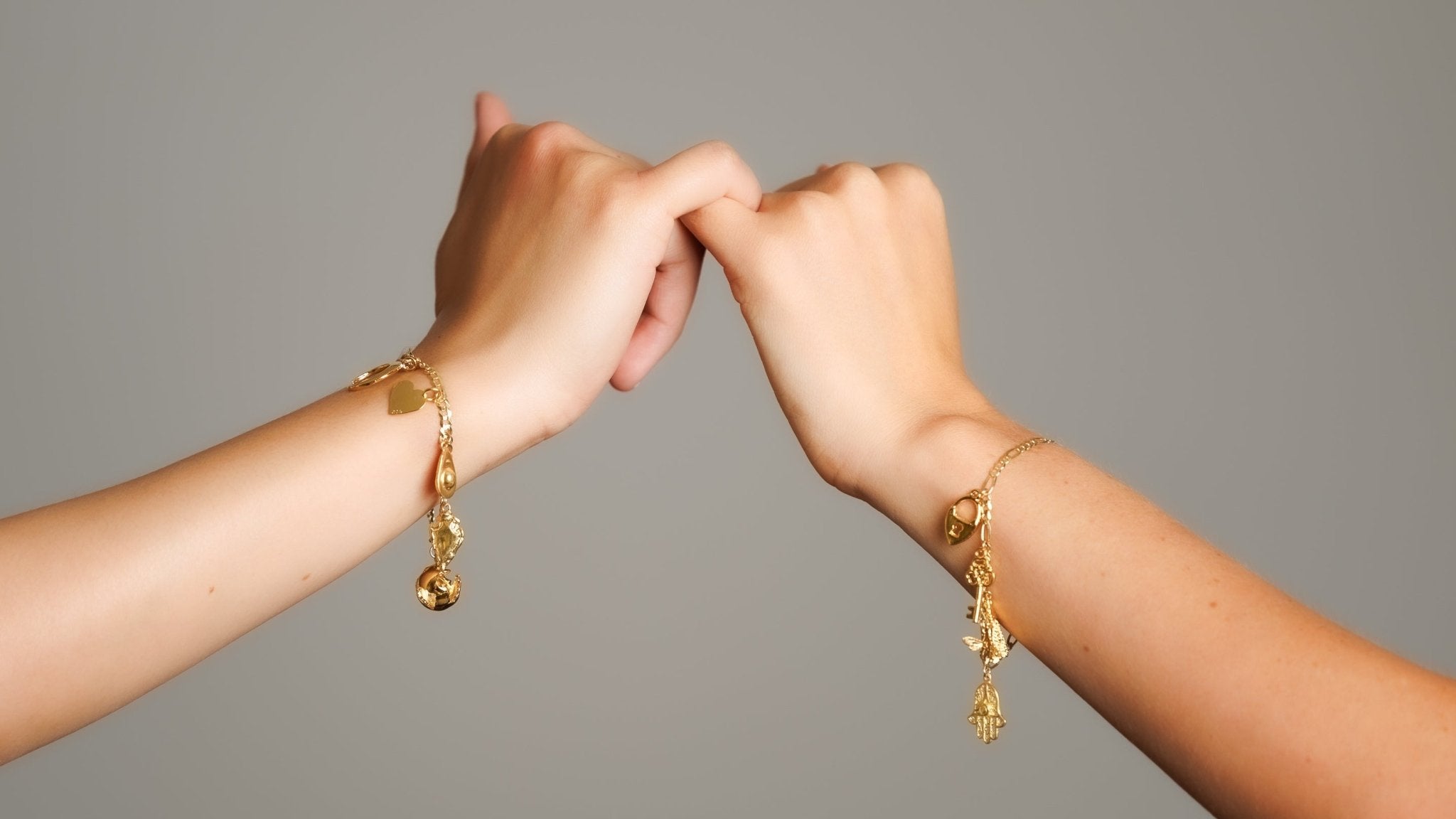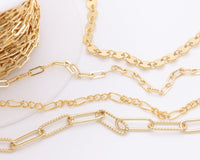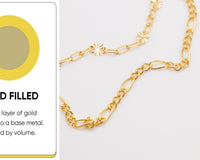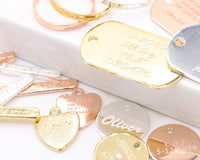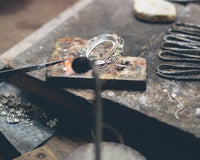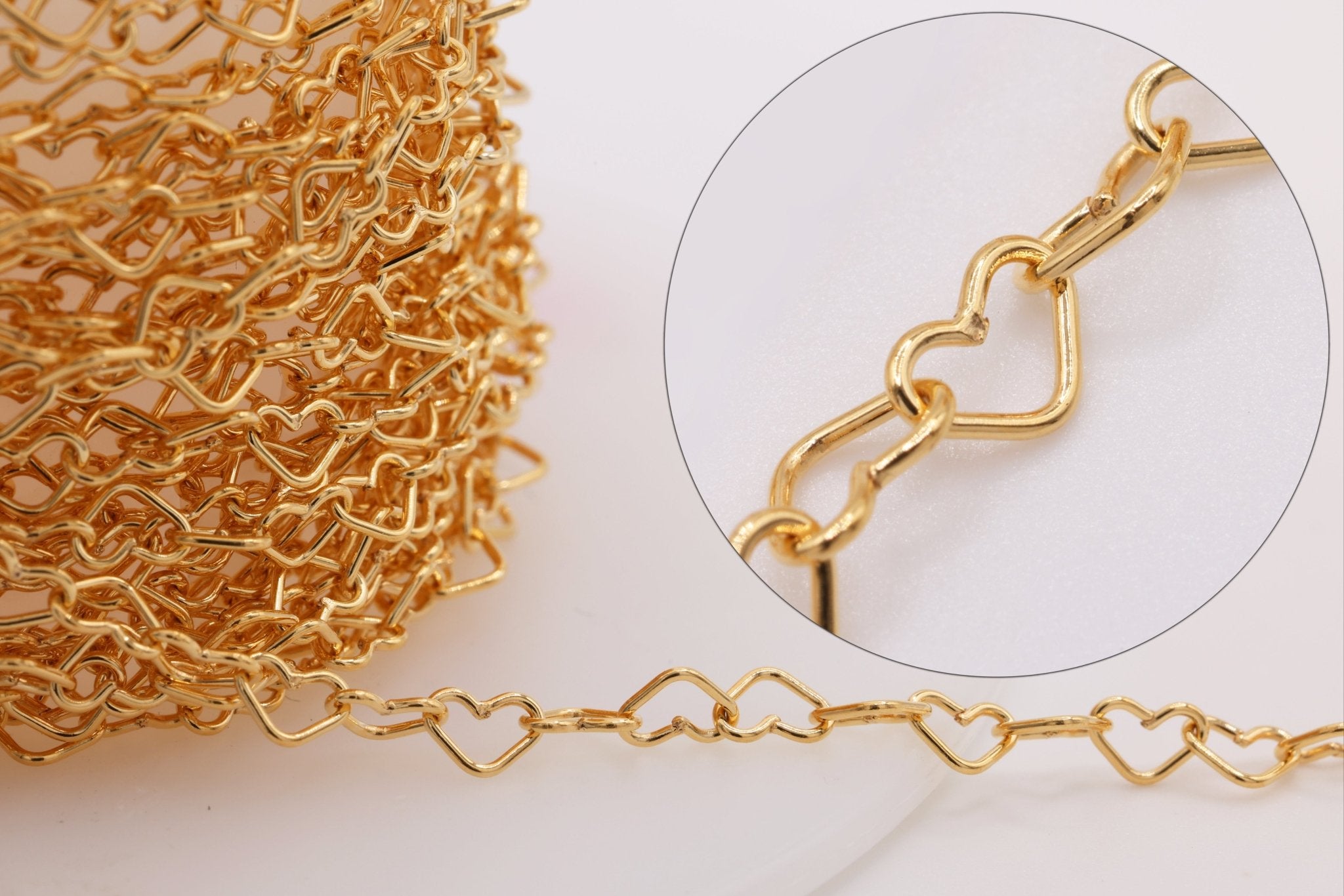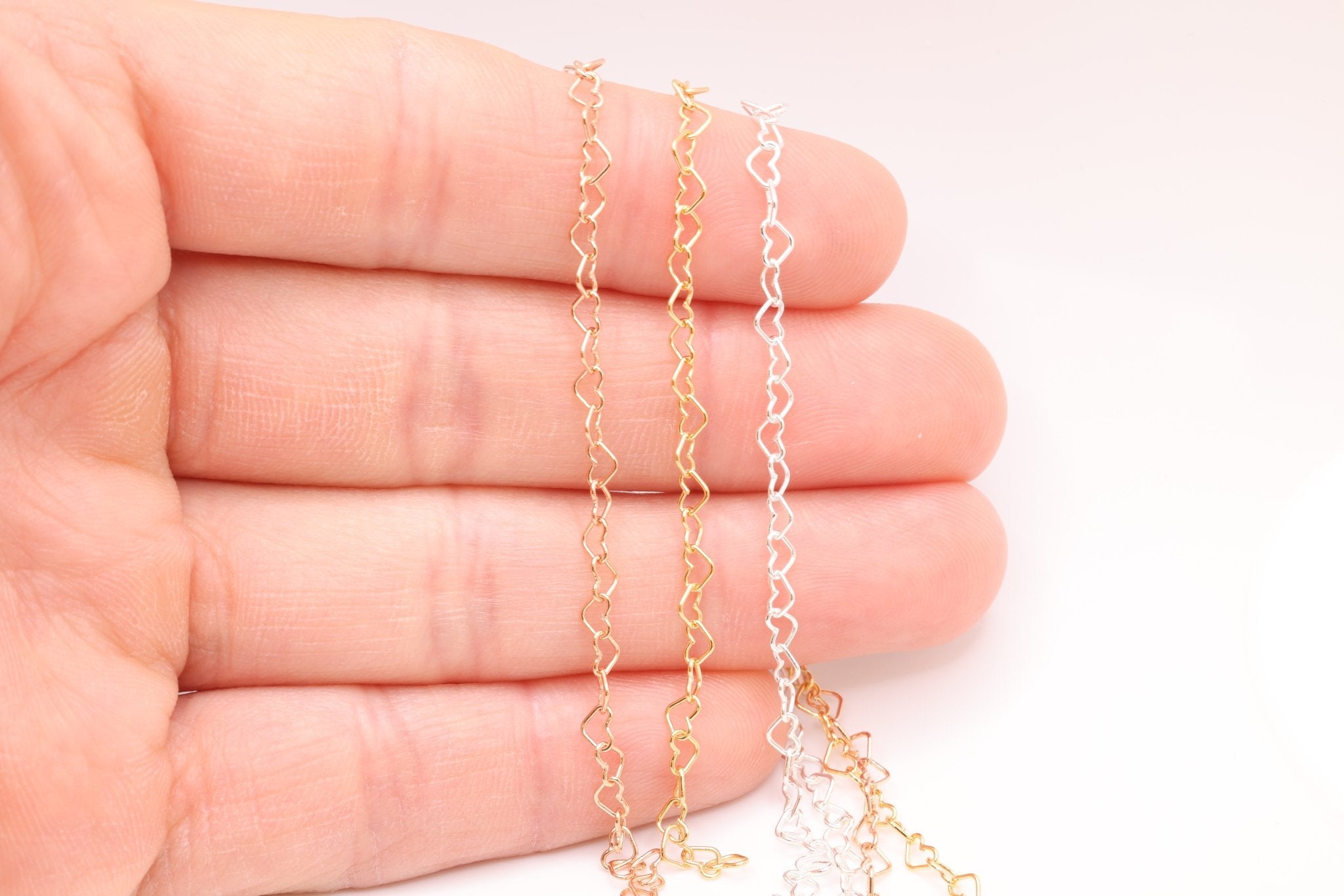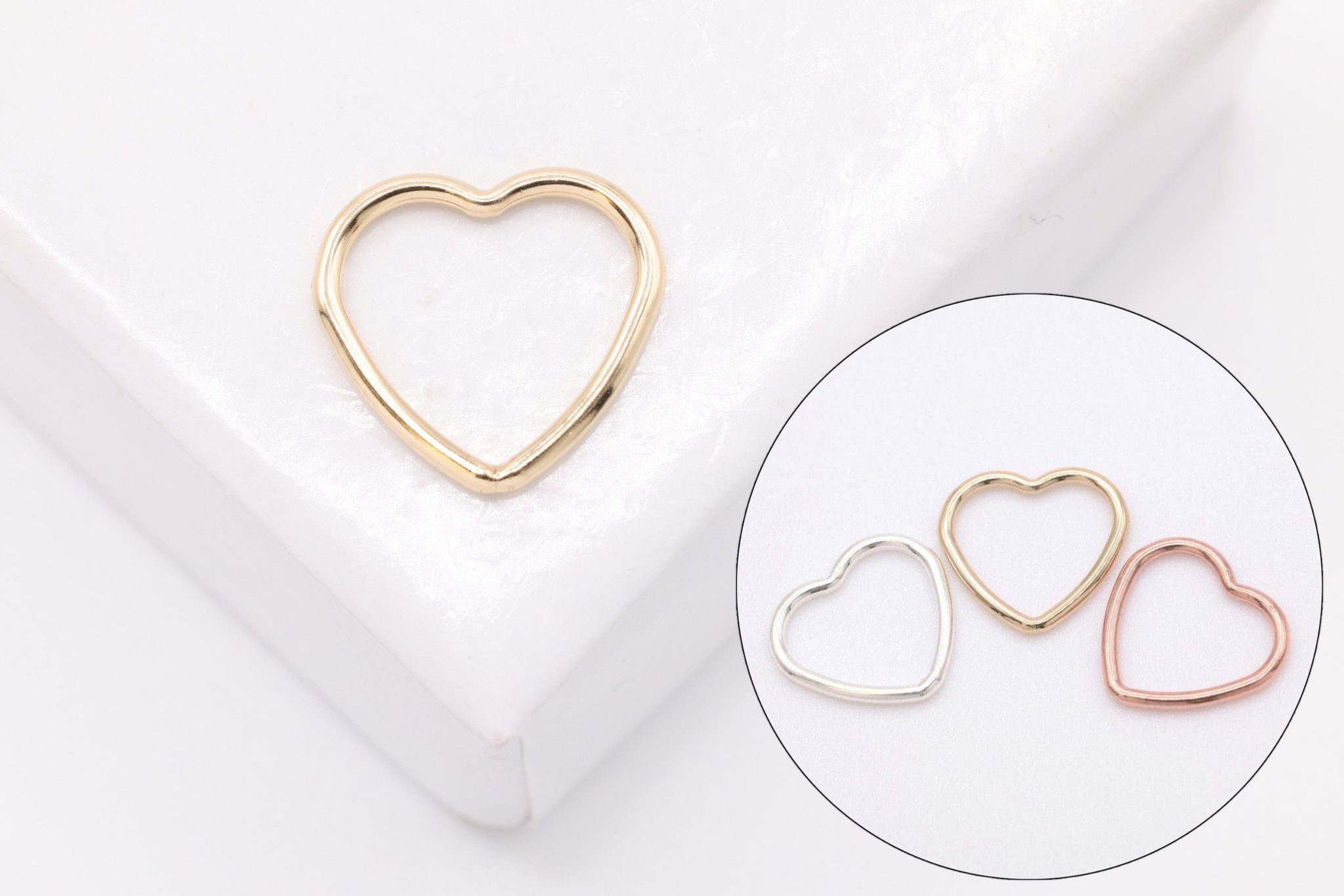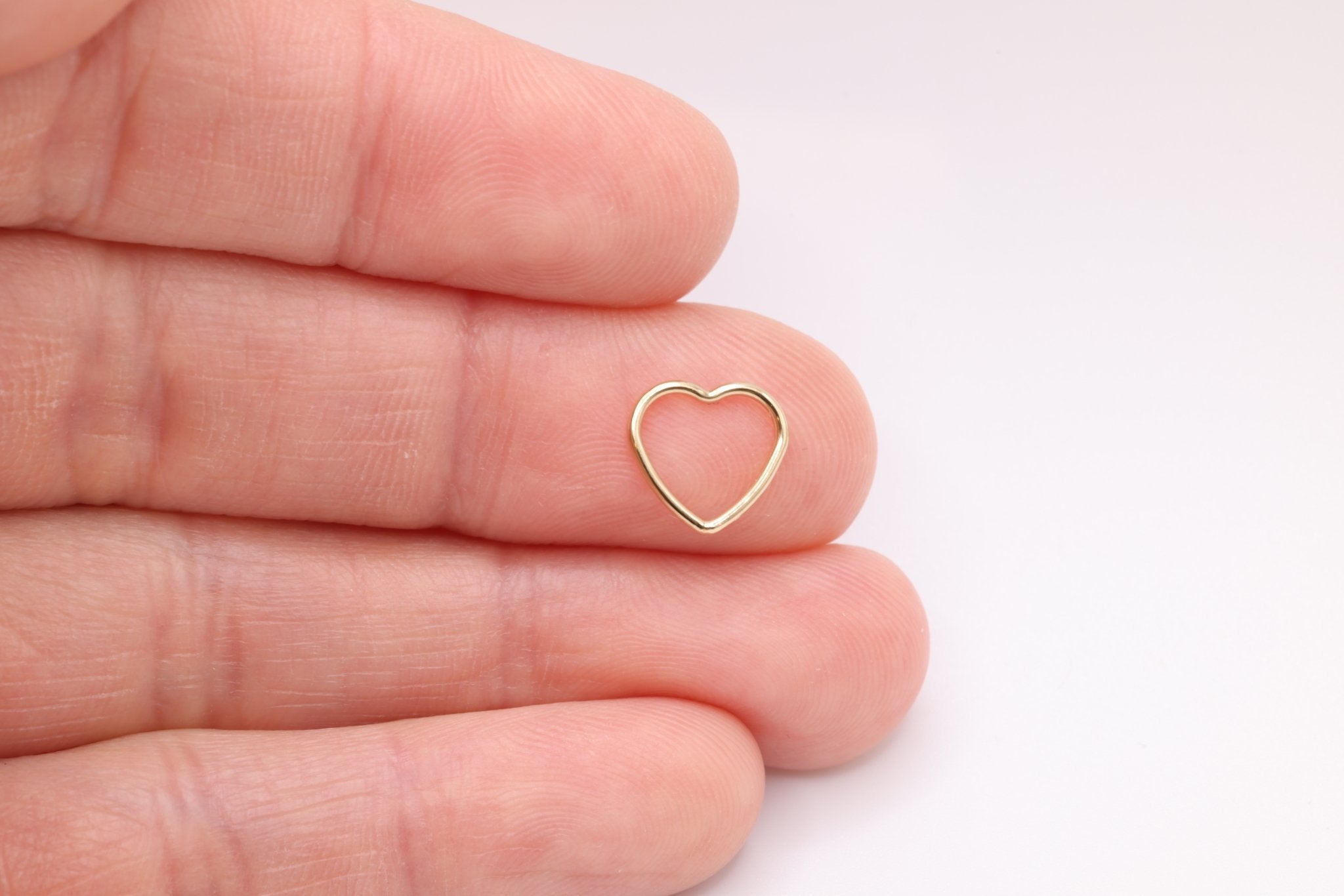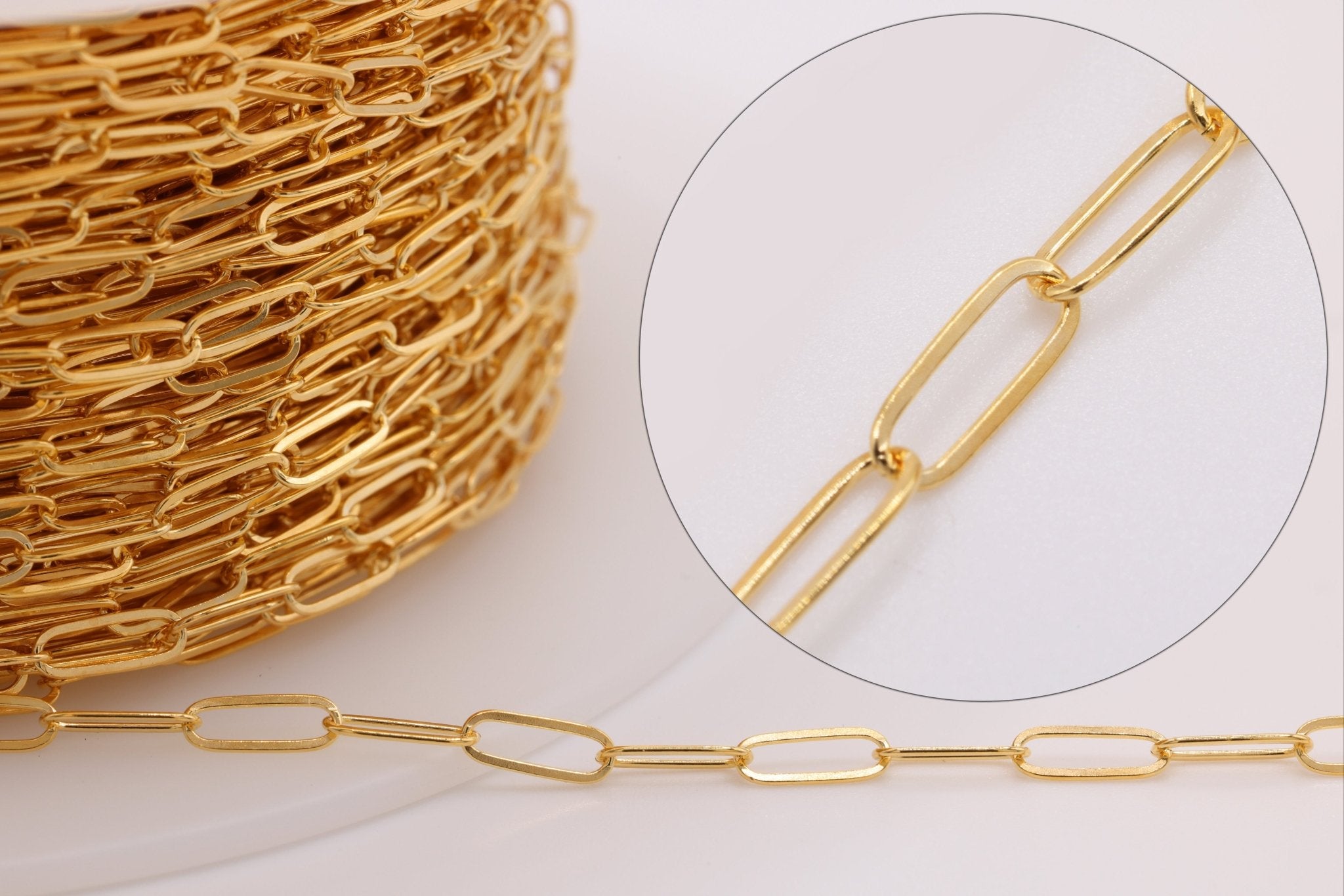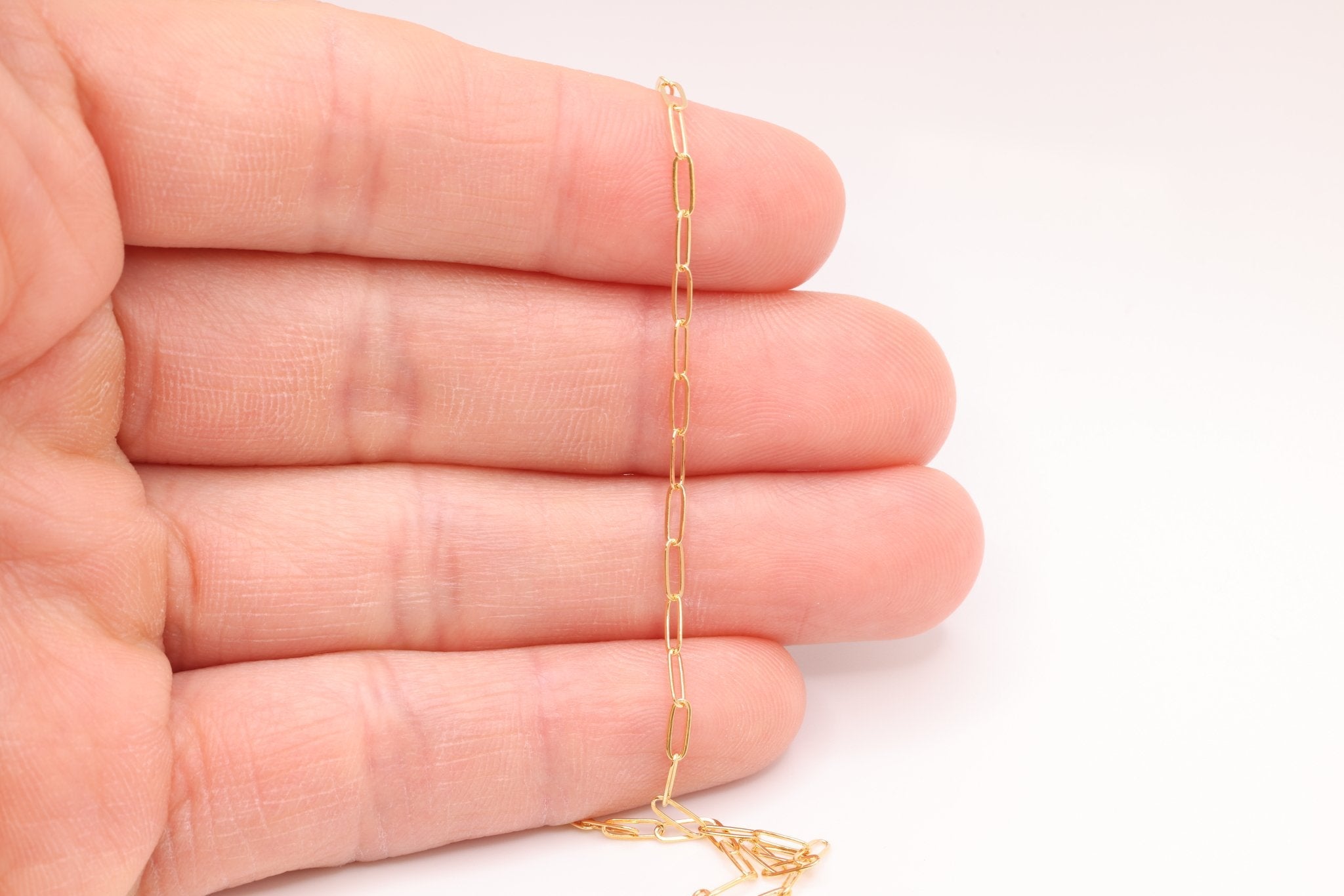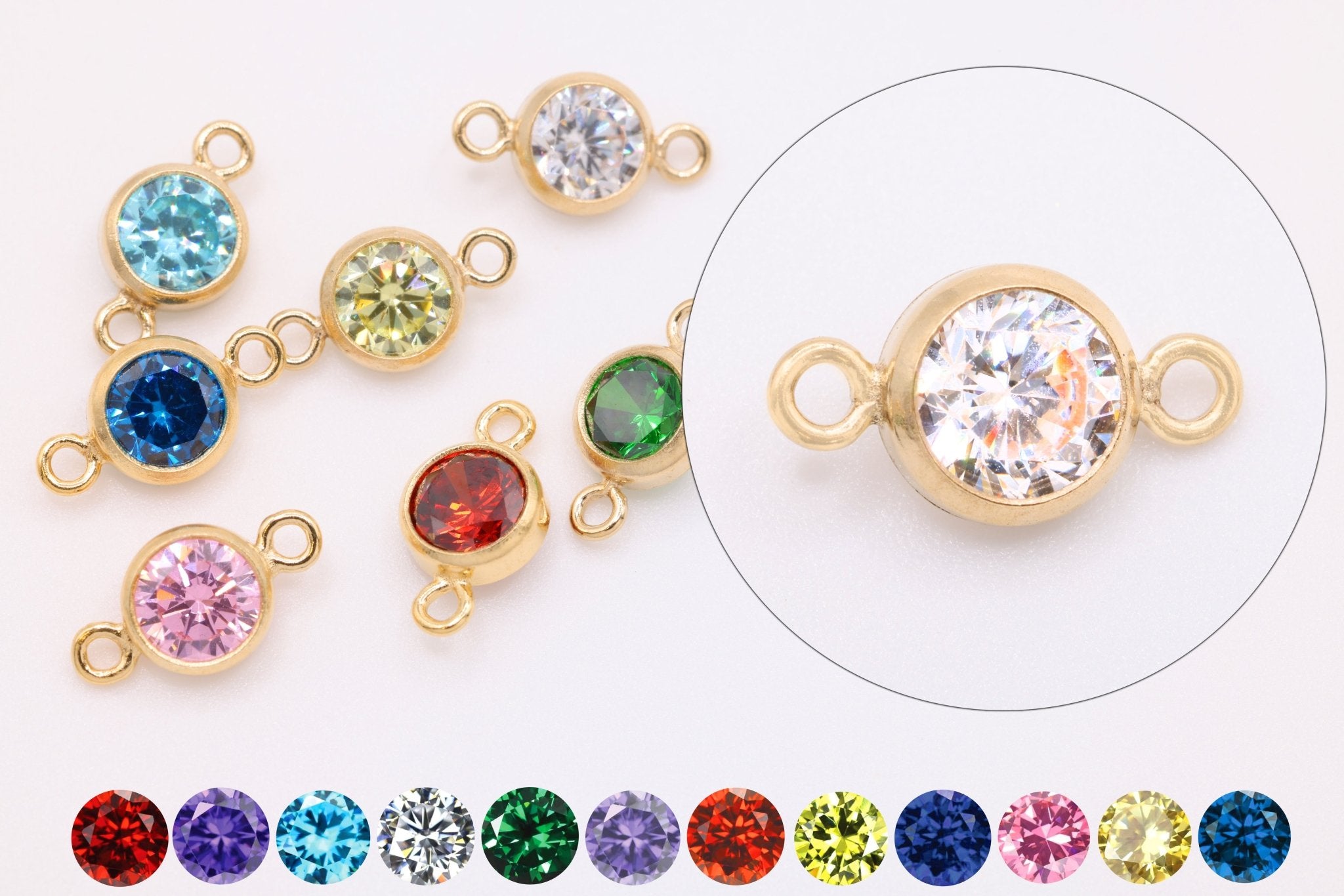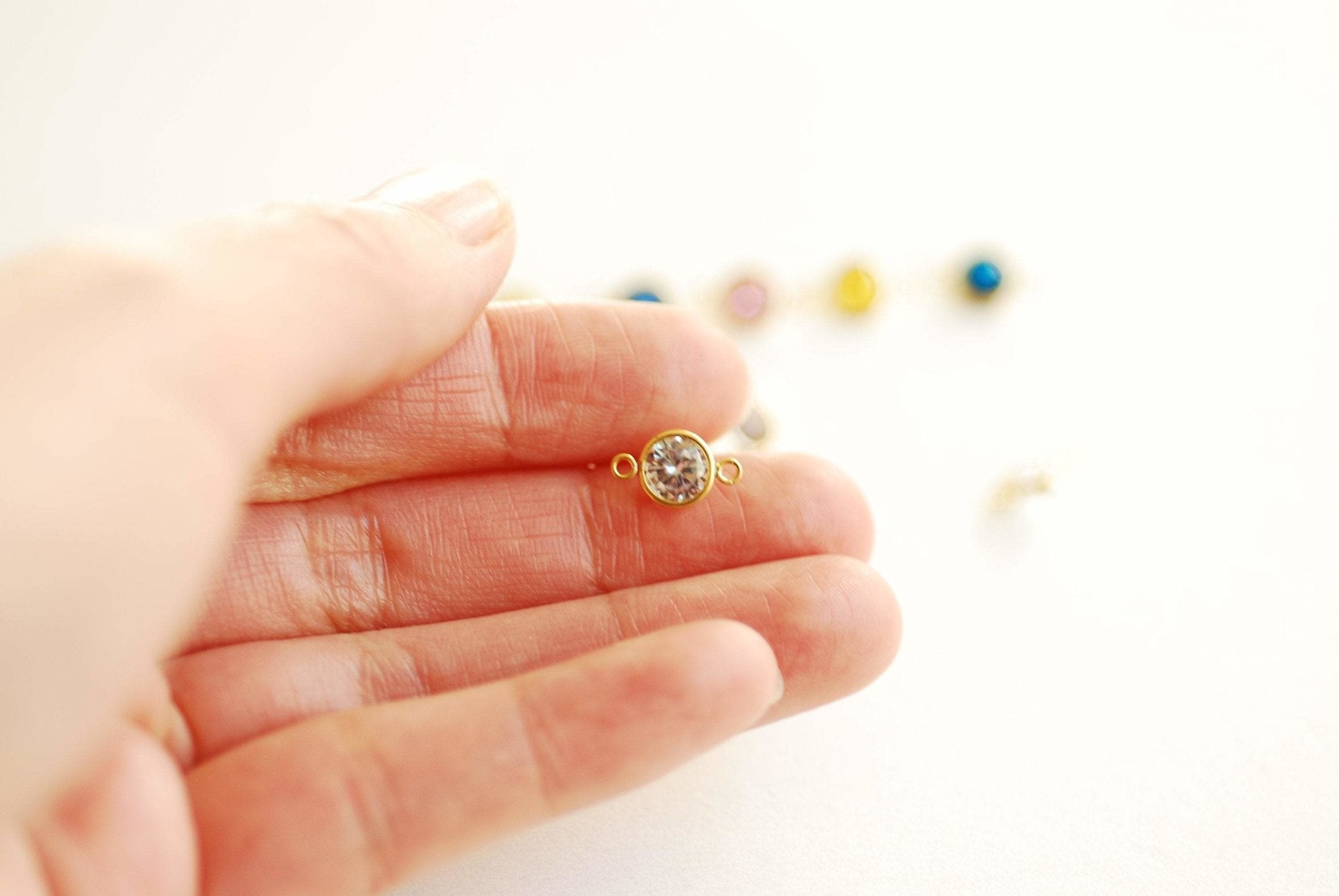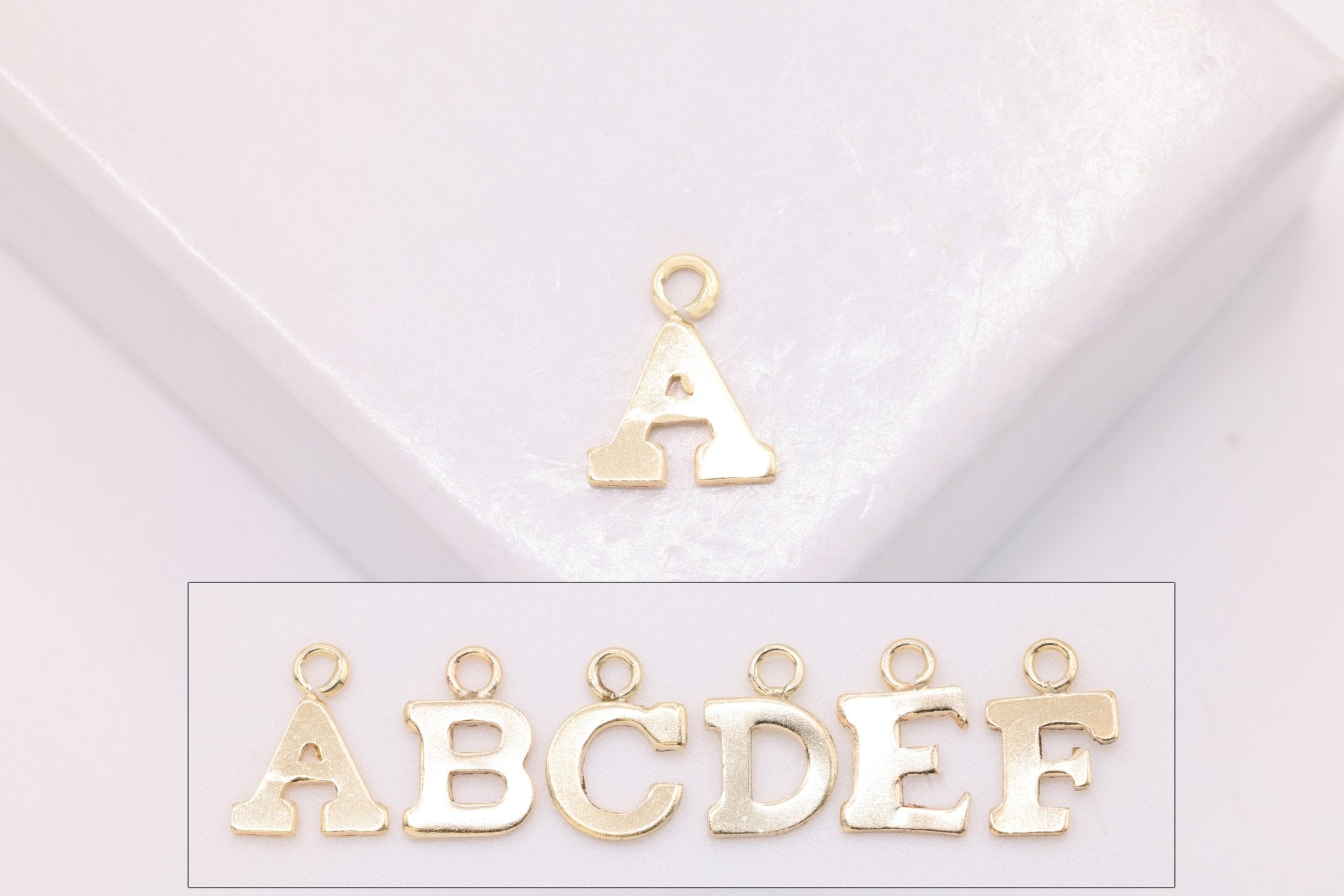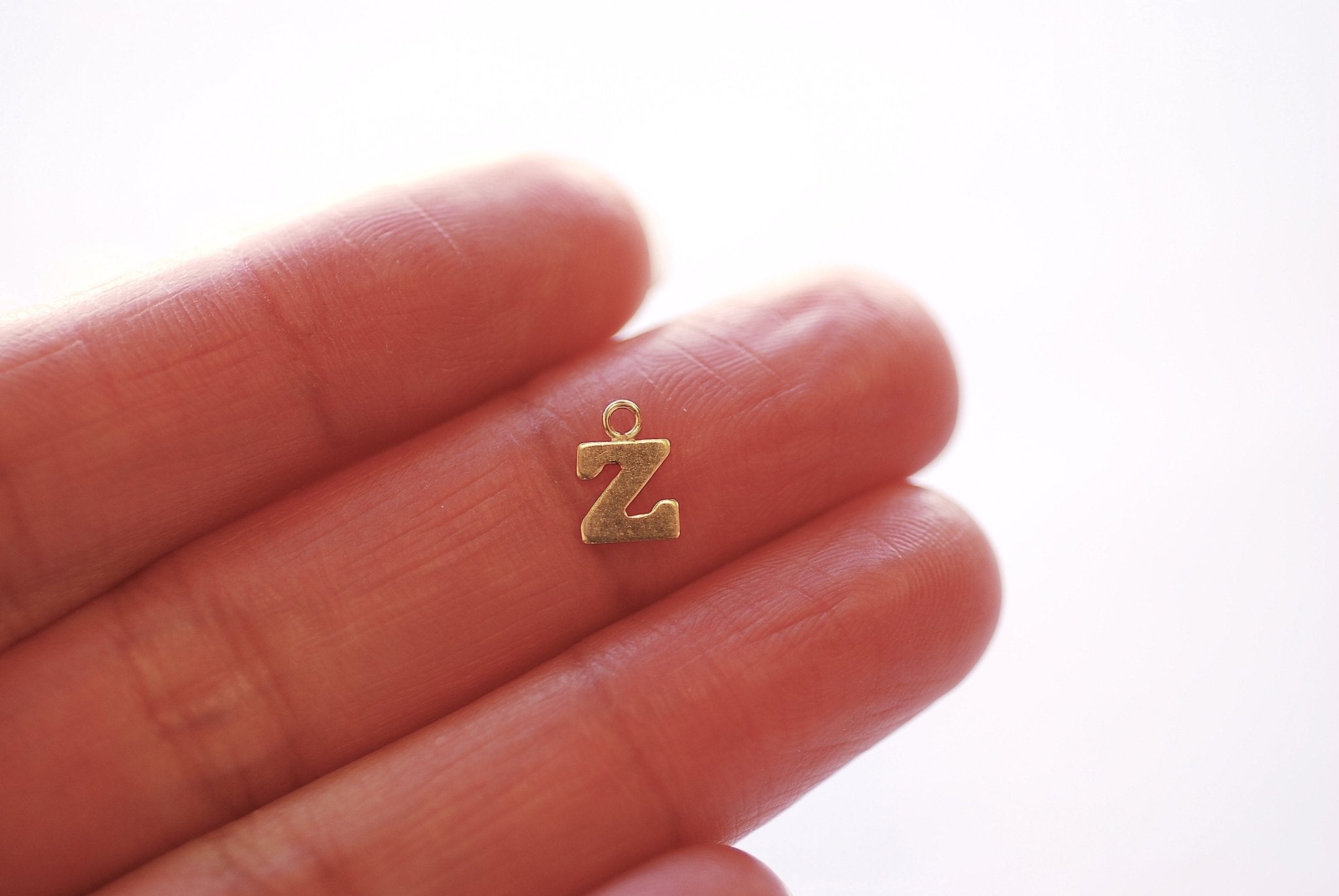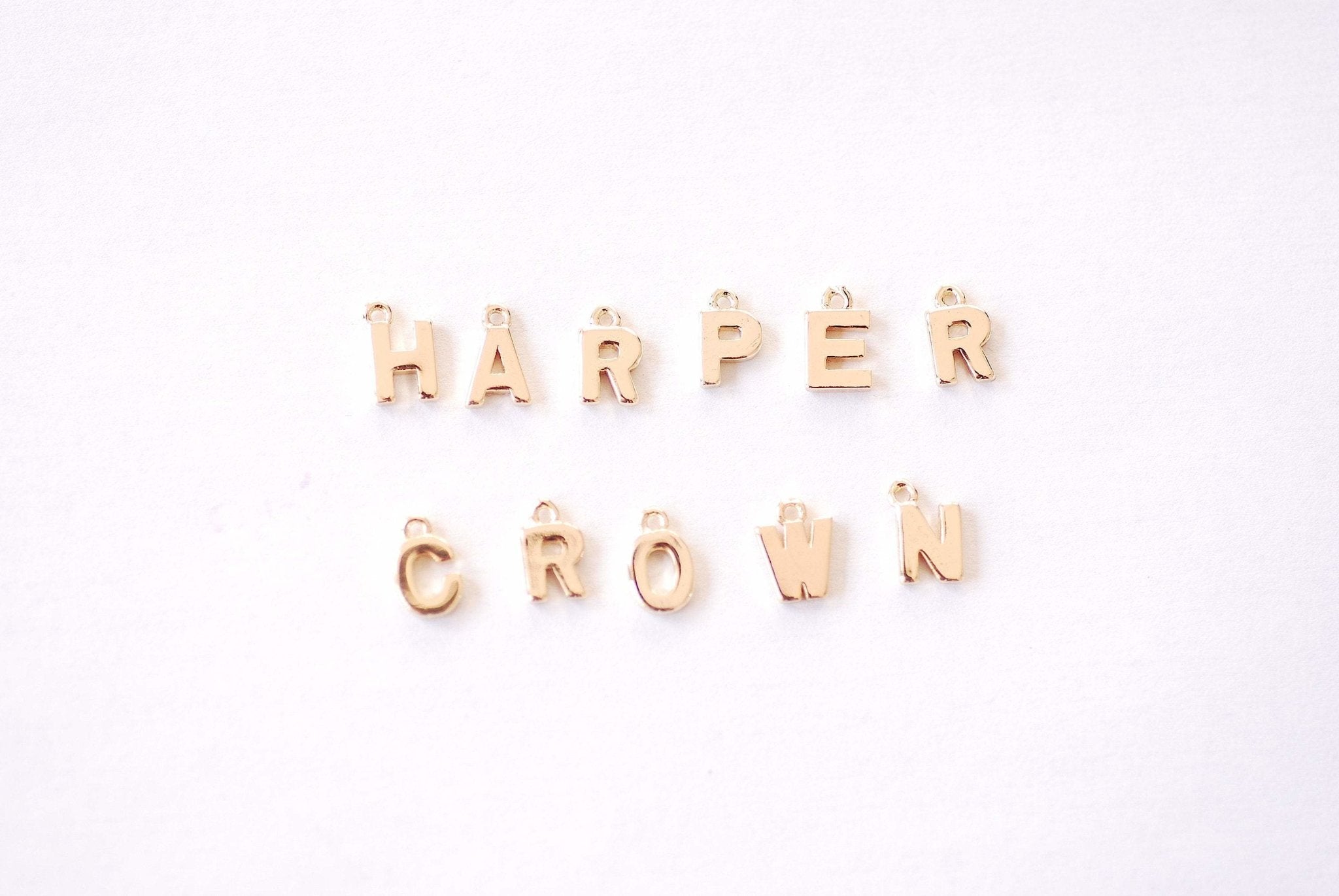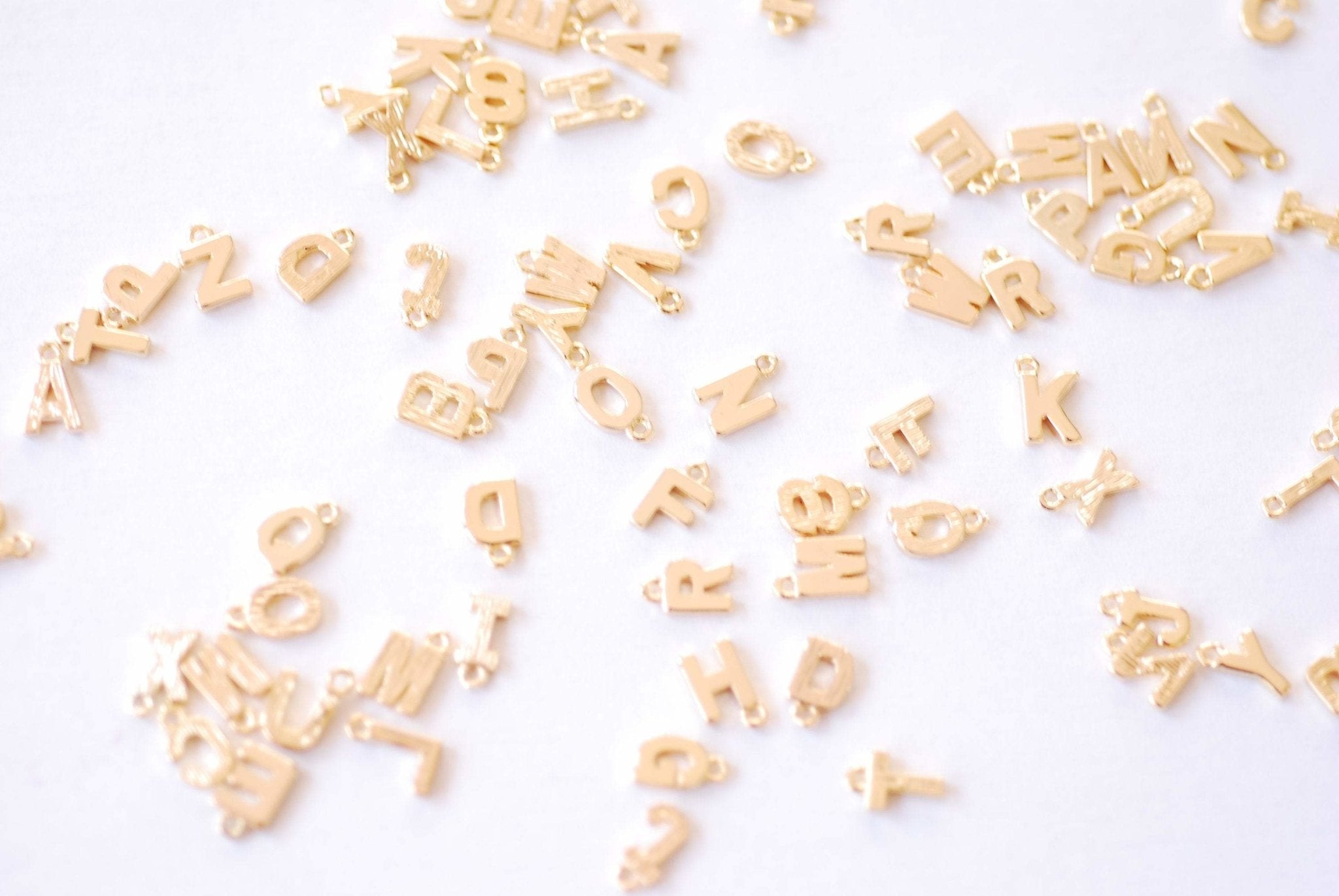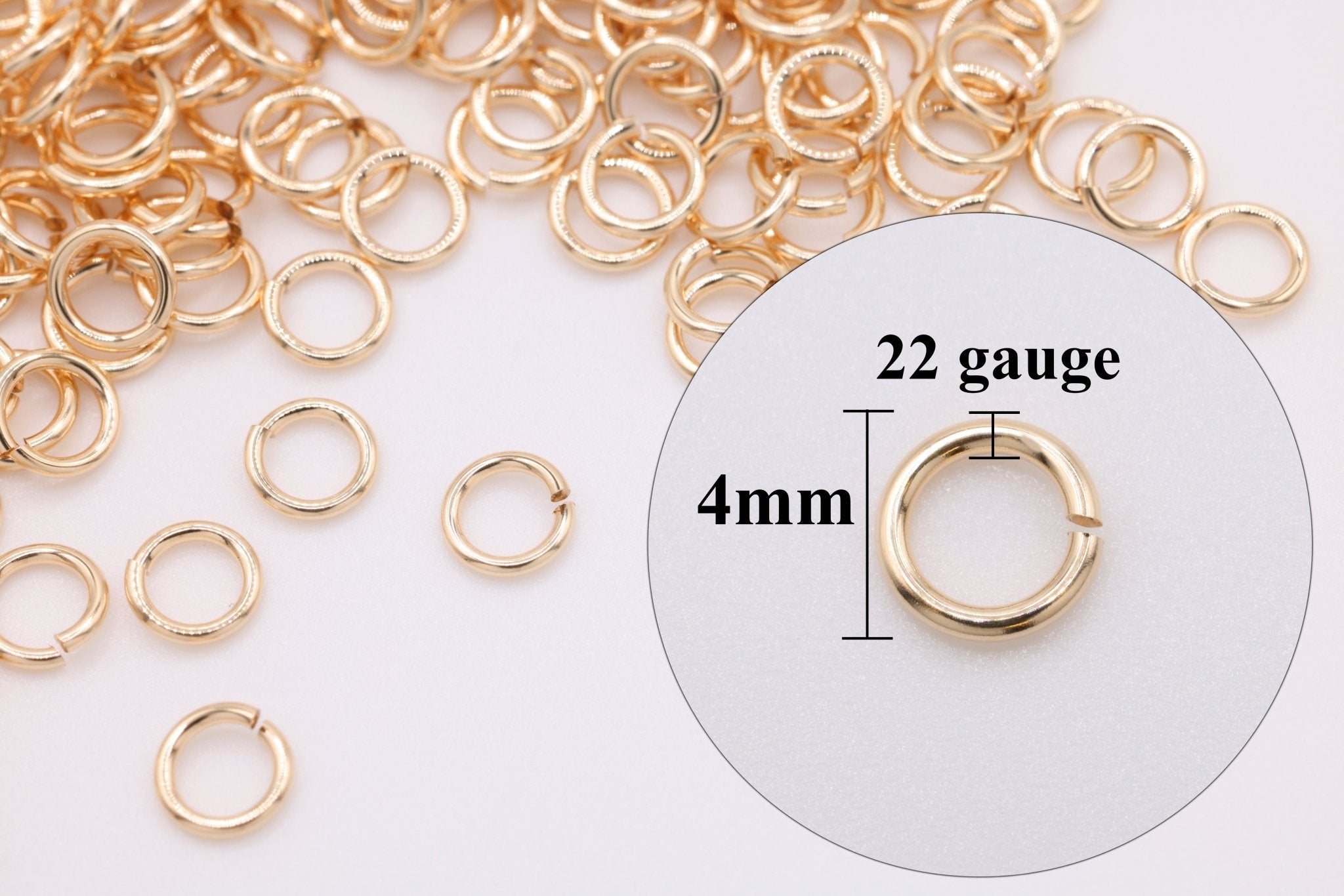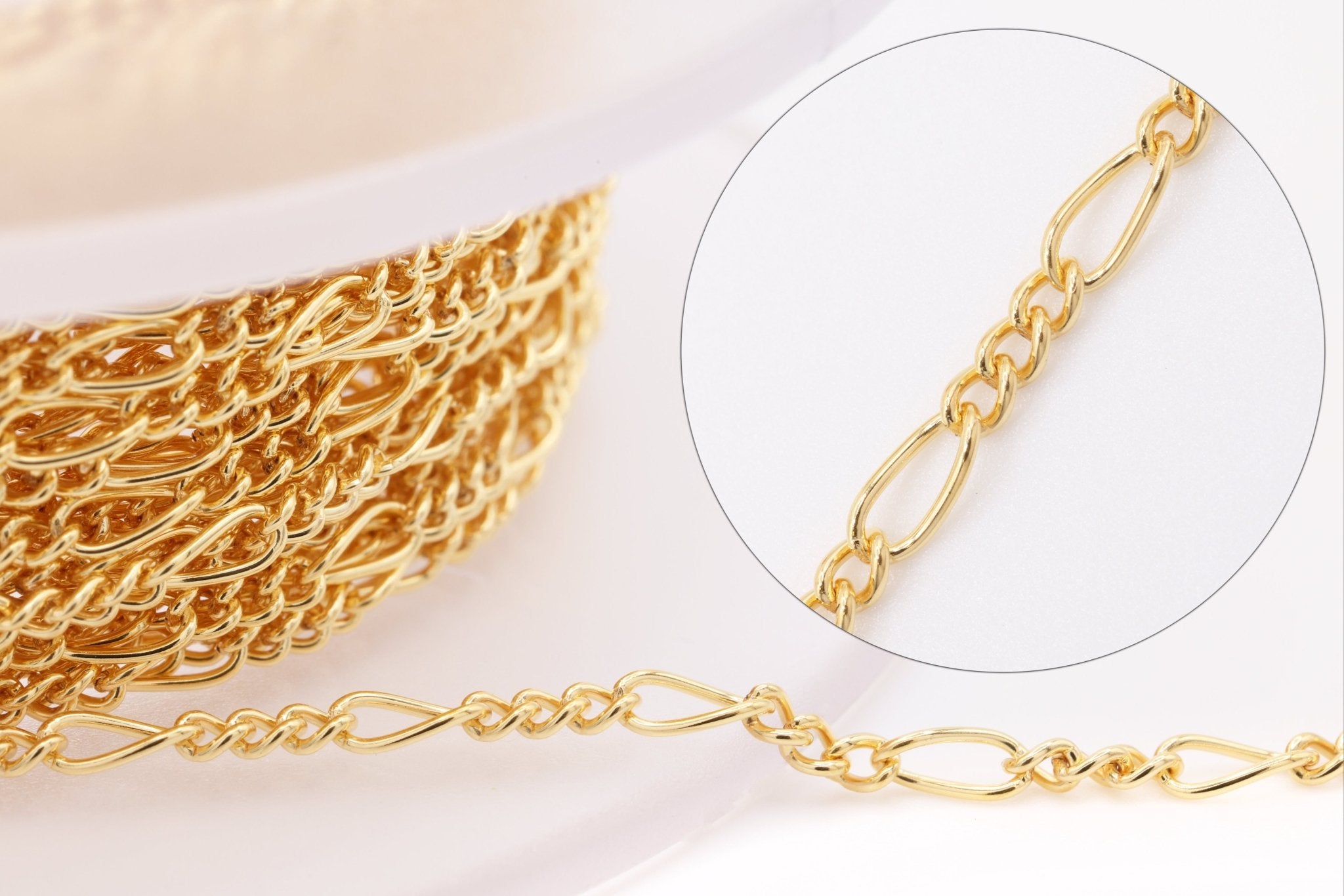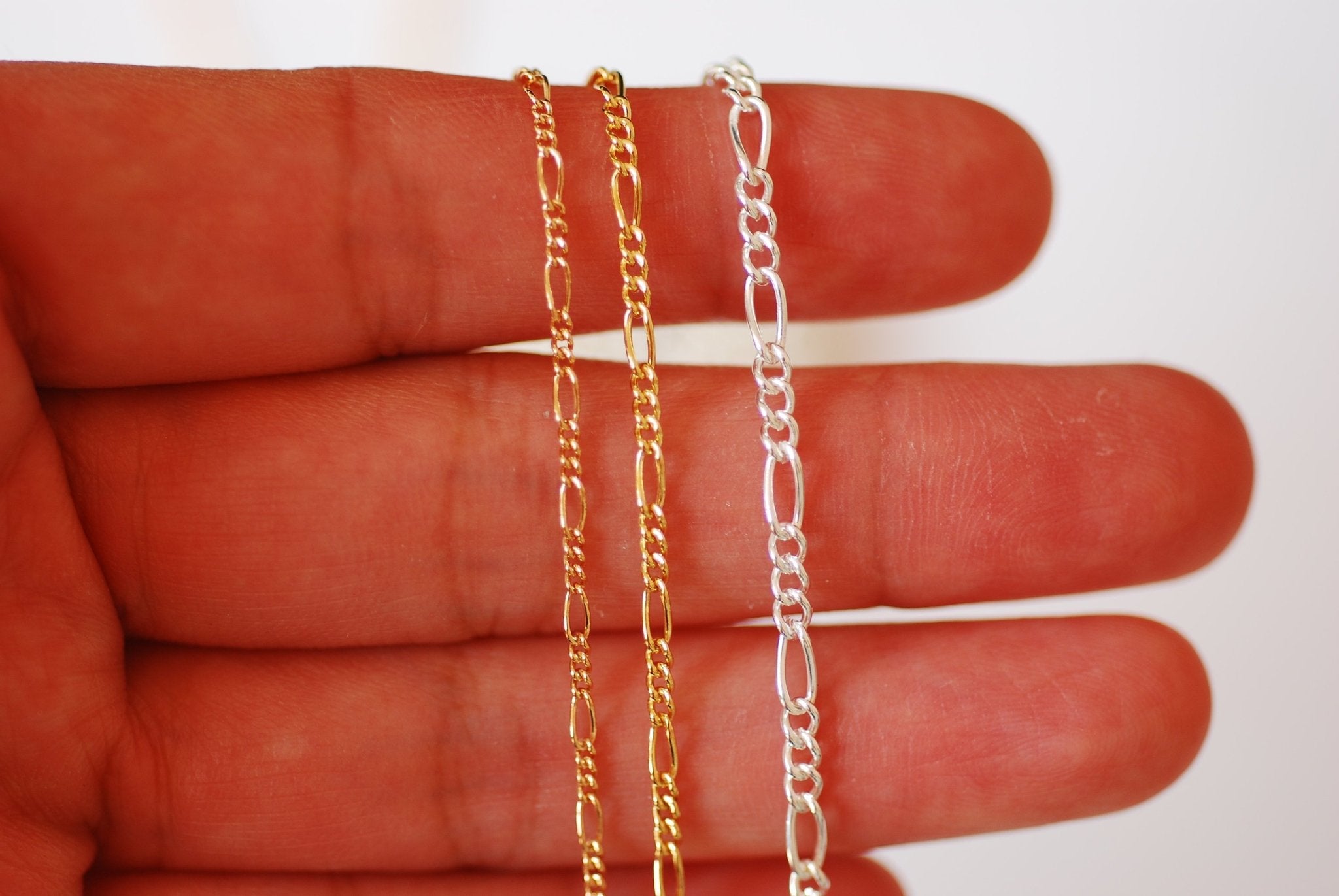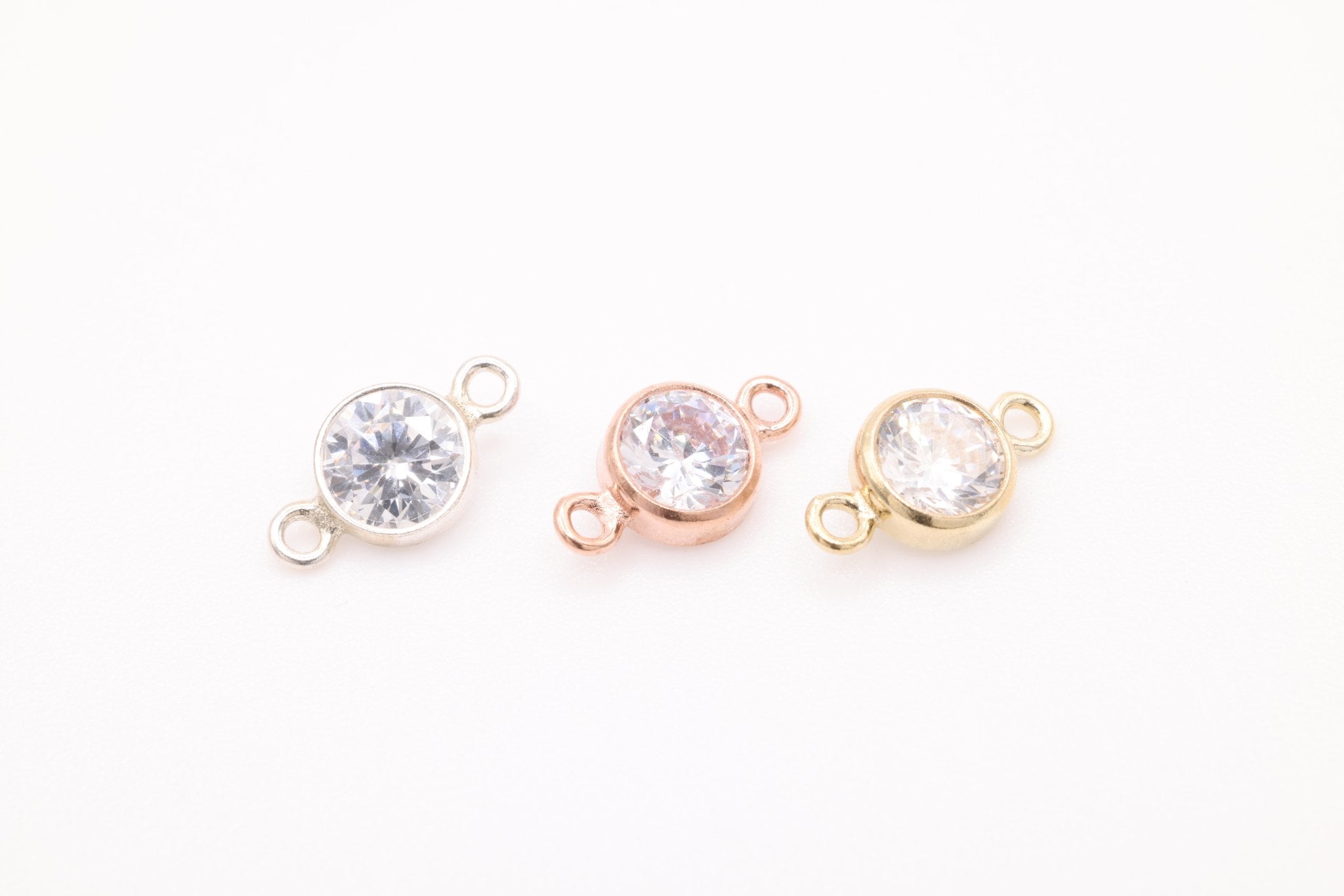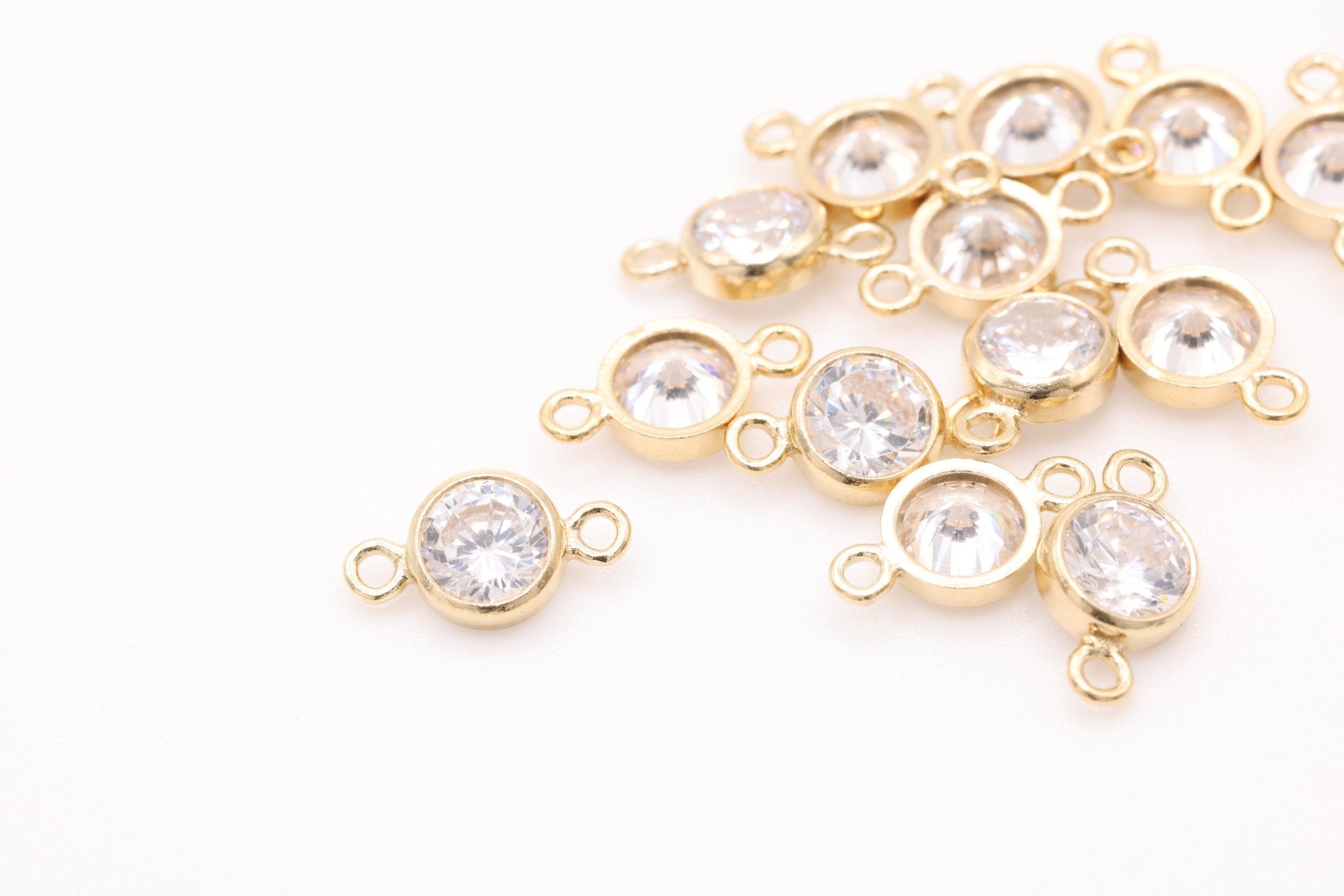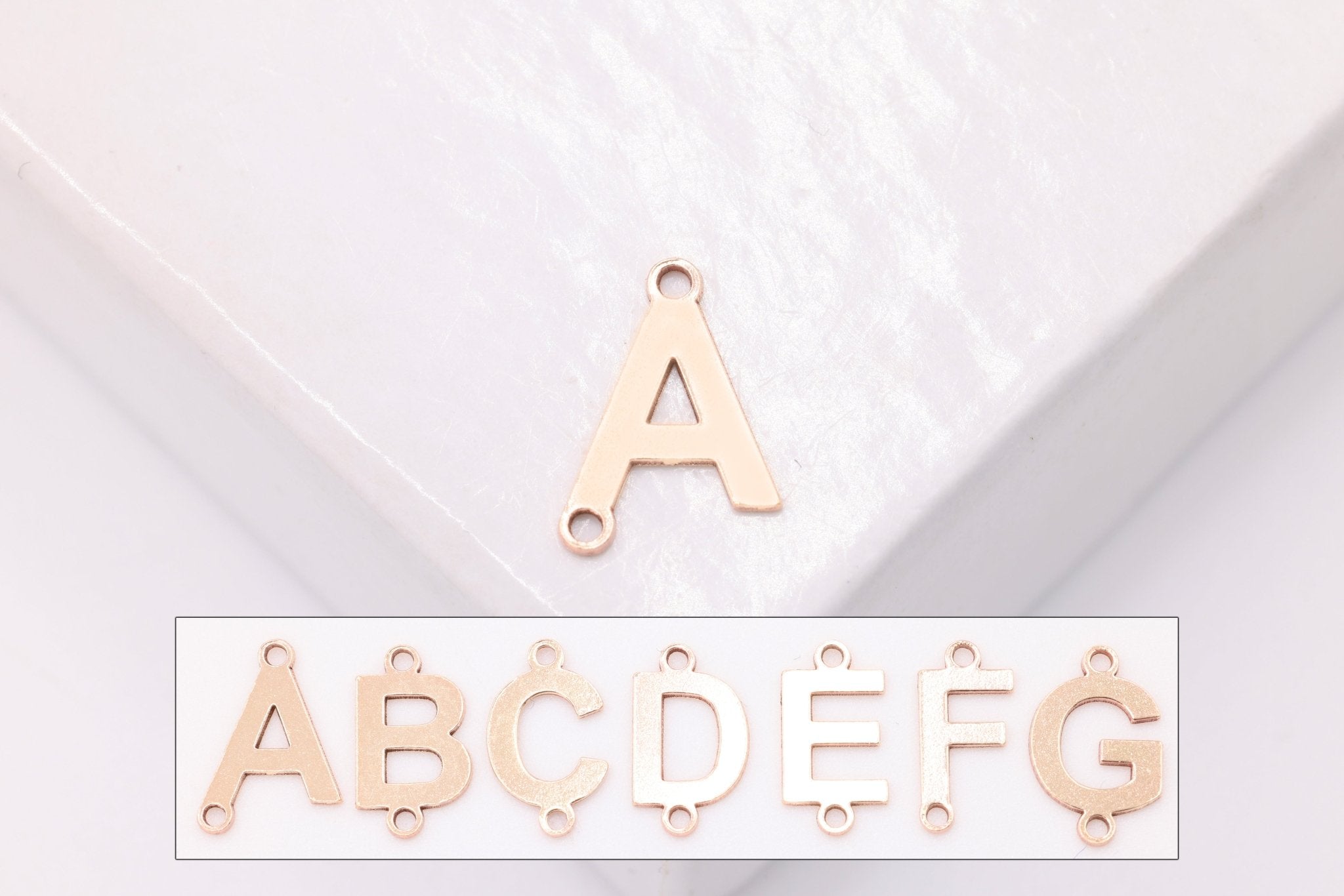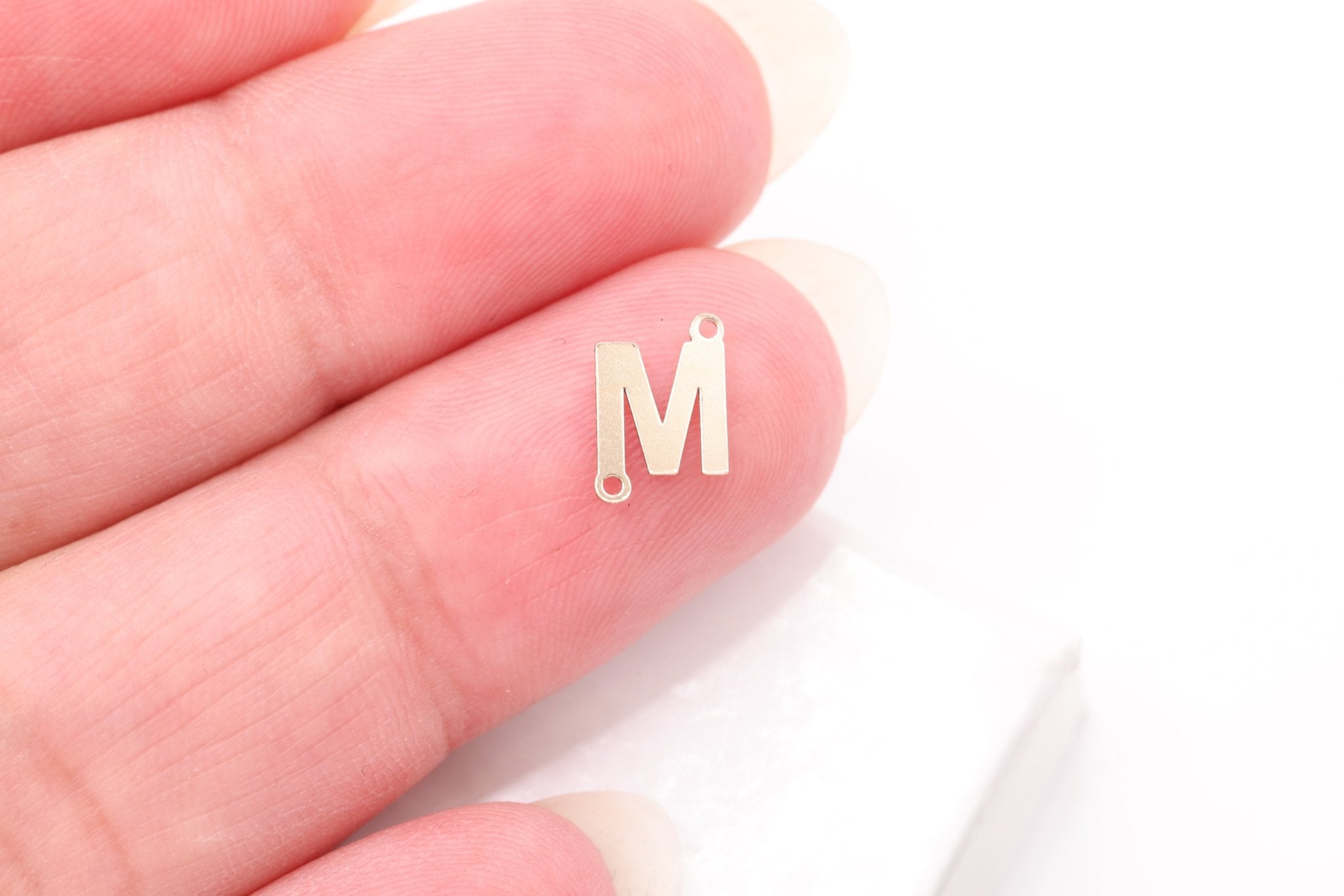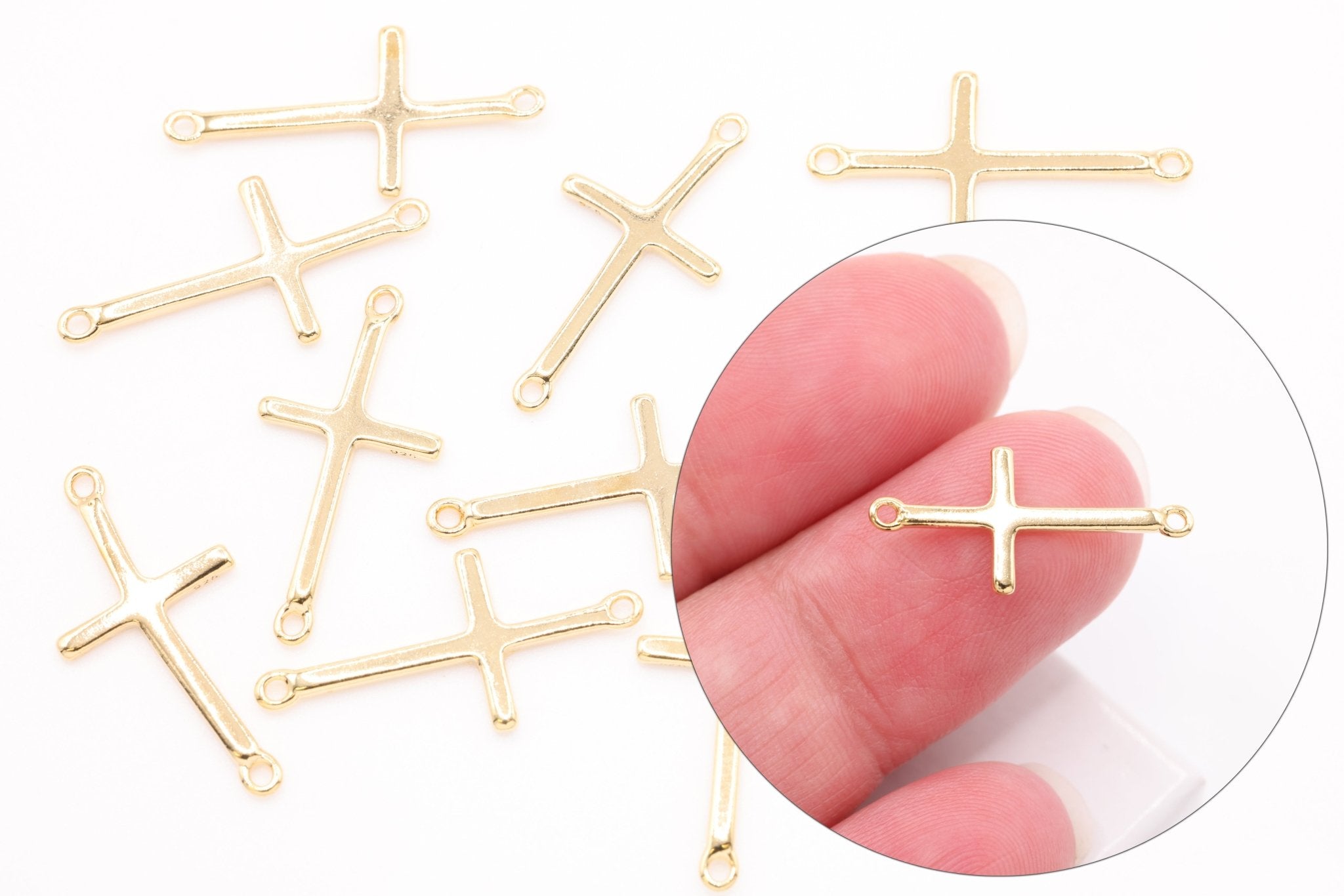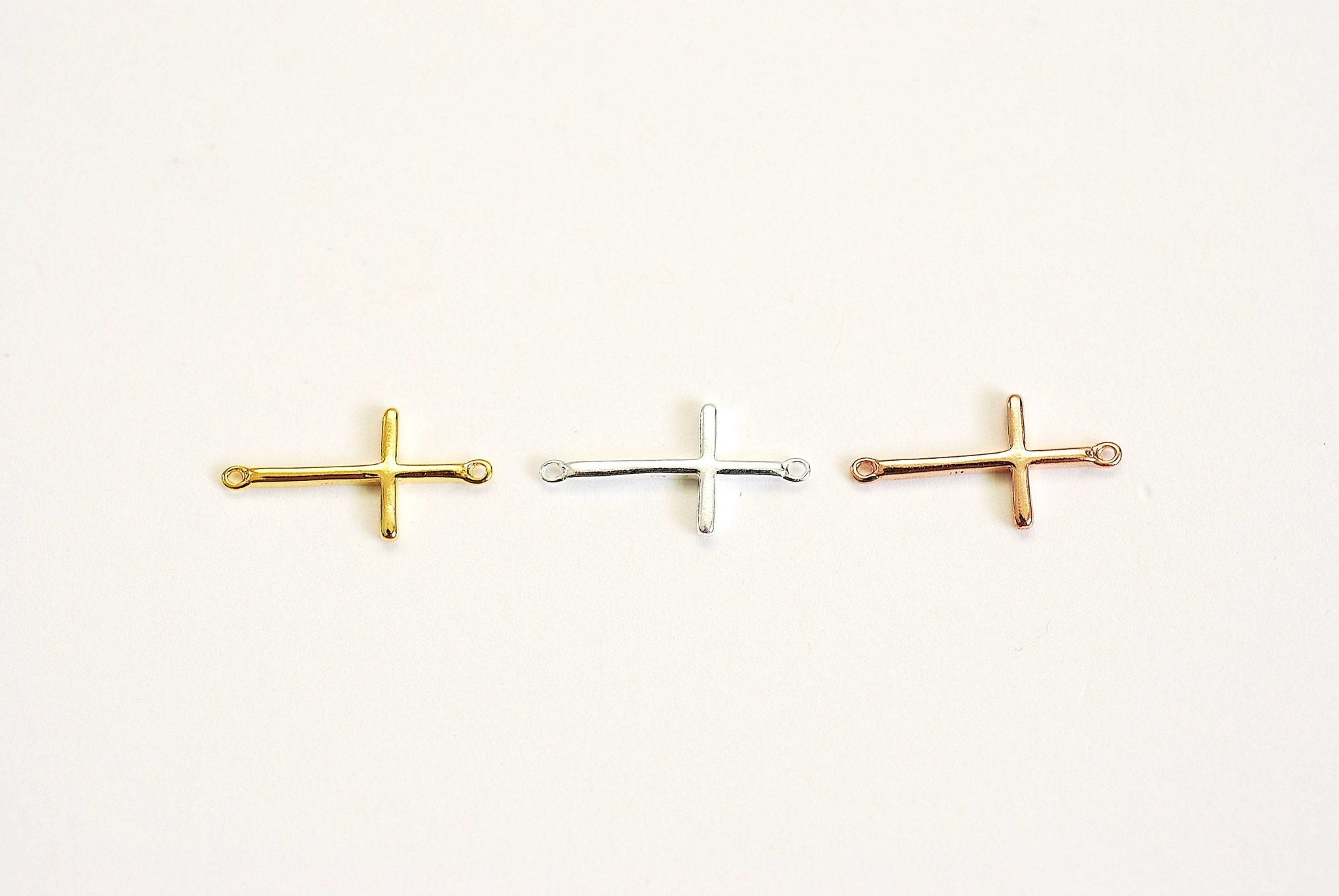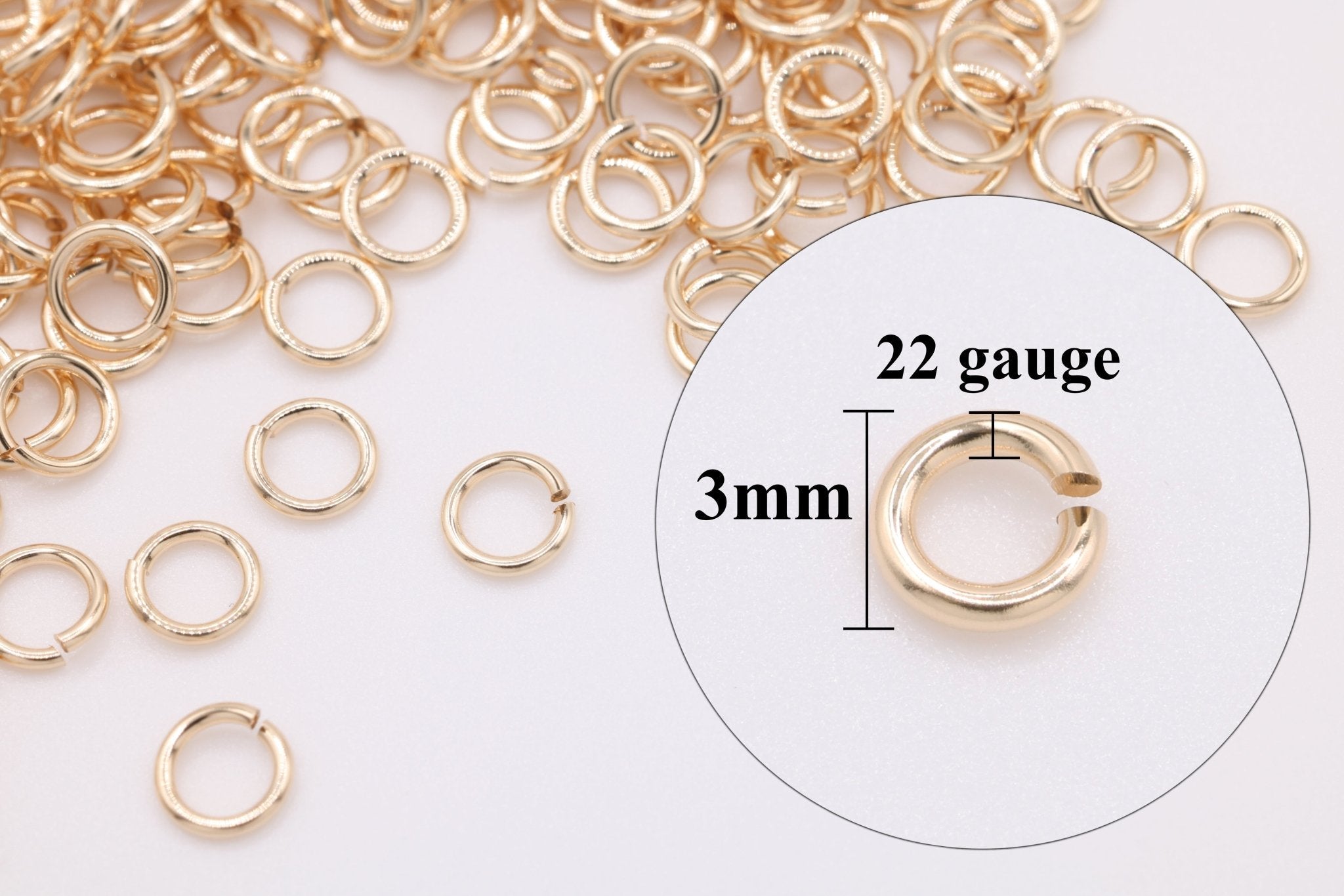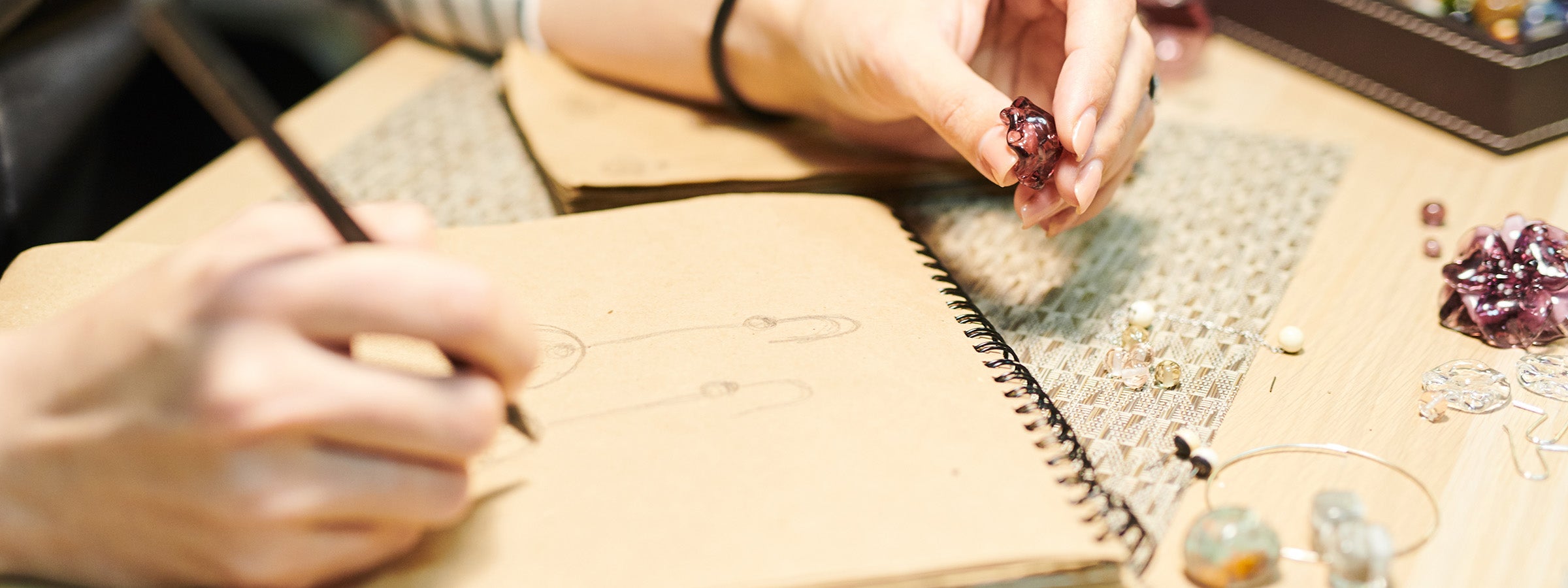Permanent jewelry, also known as "forever jewelry," is a growing trend in the world of jewelry. Unlike traditional jewelry that can be removed, permanent jewelry is welded onto the wearer, symbolizing an unbreakable bond or commitment between partners, family, friends, and any other relationship. This blog post will guide you through the process of creating permanent jewelry, detailing the types of jewelry materials needed.
Permanent jewelry is made of jewelry chains and charms. Rather than using a clasp that can open and close, the chain is welded together. This trend has gained popularity for its symbolism and the convenience of wearing a piece that never needs to be taken off.
Supplies Needed to Make Permanent Jewelry
1. Jewelry Chain: The choice of chain is crucial for both aesthetics and comfort. Popular options include:
- Gold-filled: Known for its durability and classic appeal, this chain features a substantial layer of gold bonded to a base metal (5% or 1/20 by weight), providing a high-end look and feel. They are ideal long-lasting jewelry pieces, such as permanent jewelry, that appeal to customers looking for quality and durability.
Read more about what is Gold-Filled?
SHOP Wholesale Gold-Filled Chain
- Sterling Silver: A more affordable option, known for its versatility and hypoallergenic properties. 925 sterling silver is ideal for permanent jewelry. Like all materials, sterling silver can tarnish. However, the material could be buffed and polished to easily bring back the luster and shine.
SHOP Wholesale Sterling Silver Chain
2. Charms: Adding charms personalize the permanent jewelry. The same reasons apply to charms with using gold-filled and sterling silver as with jewelry chain. There are many different themed charms such as ocean, animals, celestial, flowers, letters, symbols, and many others that can make the jewelry personal and unique.
SHOP Wholesale Gold-Filled Charms
3. Jump Rings: These small metal rings are used to attach charms to the chain. They need to be made of the same metal as the chain and charm to ensure uniformity and strength.
SHOP Wholesale Jump Rings
4. Welding Equipment: A small, precise welding machine is used to fuse the ends of the chain together.
How These Parts are Put Together
1. Measurement: First, measure the chain around the wrist, neck, or ankle, where the jewelry will be worn.
2. Attachment: Attach any desired charms to the chain using jump rings.
3. Welding: The ends of the chain and jump rings are then aligned and welded together. This process requires a welding machine or can be done by a professional jeweler who specializes in permanent jewelry.
It's important to note that while permanent jewelry is designed to be long-lasting, it can be removed if necessary by cutting the chain. Regular cleaning and maintenance are recommended to keep the jewelry looking its best.
Statistics and Popularity
- According to a 2023 survey, permanent jewelry has seen a 40% increase in popularity among millennials and Gen Z consumers.
- The market for personalized jewelry, which often includes permanent pieces, is expected to grow by 7% annually over the next five years.
Creating permanent jewelry is an art that combines craftsmanship with personal expression. Whether you're a professional jeweler or a DIY enthusiast, understanding the materials and process is key to making a piece that lasts forever. With its growing popularity and deep symbolism, permanent jewelry is more than just a trend; it's a personal statement that stands the test of time.
Common Questions & Answers about Permanent Jewelry
Permanent jewelry, also known as "forever jewelry," has become increasingly popular. It typically refers to bracelets, necklaces, or anklets that are welded or soldered directly onto the body, meaning they don't have a traditional clasp and are meant to be worn indefinitely. Here are some common questions and answers about permanent jewelry:
1. What is Permanent Jewelry?
- Permanent jewelry is a piece of jewelry, usually a bracelet, necklace, or anklet, that is welded onto your body. It has no clasp, so it's meant to be worn continuously.
2. How is Permanent Jewelry Applied?
- A jeweler uses a special welding machine to attach the ends of the jewelry together. This process is quick and painless.
3. Is the Welding Process Safe?
- Yes, it's safe. The welding happens in a tiny spot and doesn’t burn the skin. Professional jewelers are trained to do this with utmost care.
4. Can Permanent Jewelry be Removed?
- Yes, you can remove it by cutting it off. This can be done with scissors or wire cutters. However, once cut, the jewelry will need to be welded again if you wish to wear it permanently again.
5. What Metals are Used for Permanent Jewelry?
- Gold-filled, 14K gold, and sterling silver are common. These metals are durable and less likely to cause skin reactions.
6. Does Permanent Jewelry Set off Metal Detectors?
- Generally, no. The amount of metal in a thin chain is usually too small to trigger standard metal detectors.
7. Can I Go Through MRI with Permanent Jewelry?
- It depends on the metal used. Gold and silver are usually MRI safe, but you should always inform your technician about the jewelry.
8. How Do I Care for Permanent Jewelry?
- Care is similar to other fine jewelry. Avoid harsh chemicals and physical damage. Regular cleaning with appropriate jewelry cleaners is recommended.
9. Is Permanent Jewelry Expensive?
- The cost varies depending on the type of metal used and the design. It can range from relatively affordable to quite expensive. Wholesale suppliers, such as HarperCrown, are ideal to purchase permanent jewelry pieces.
10. Why Do People Choose Permanent Jewelry?
- Reasons include symbolism (e.g., friendship, love), the appeal of a low-maintenance piece, or the unique experience of having it welded.
11. Can Permanent Jewelry Cause Allergic Reactions?
- If you have allergies to certain metals, make sure to choose a metal that is safe for you, such as hypoallergenic options like high-quality gold.
12. Is Permanent Jewelry Suitable for Everyone?
- It's suitable for most people, but not recommended for those who have metal allergies, or who may need to frequently remove jewelry for medical procedures or work requirements.

